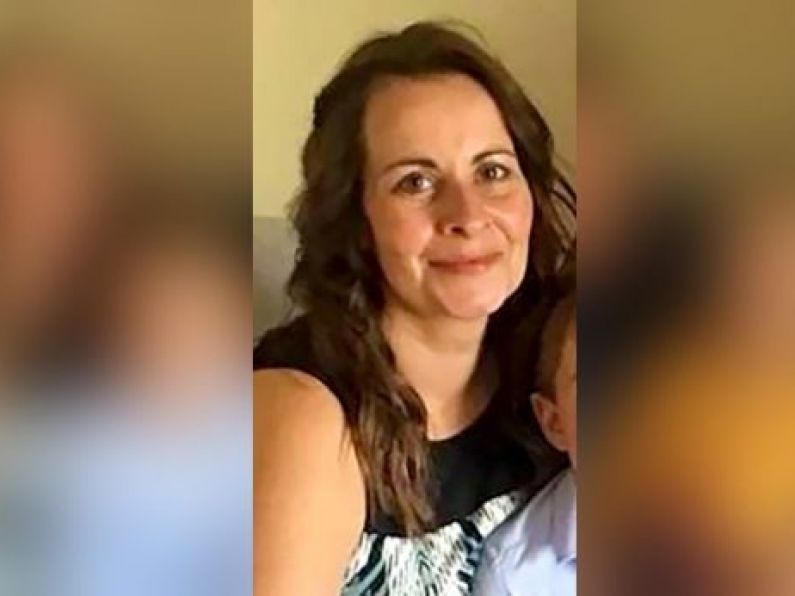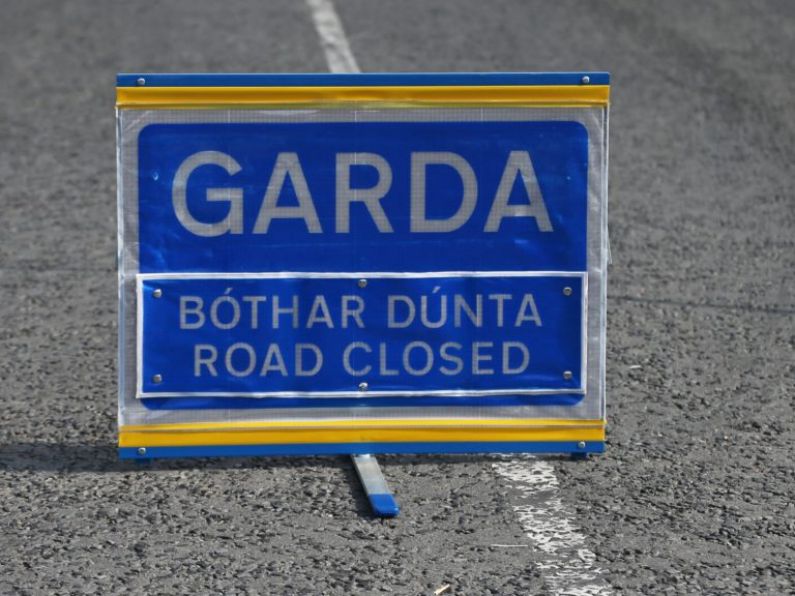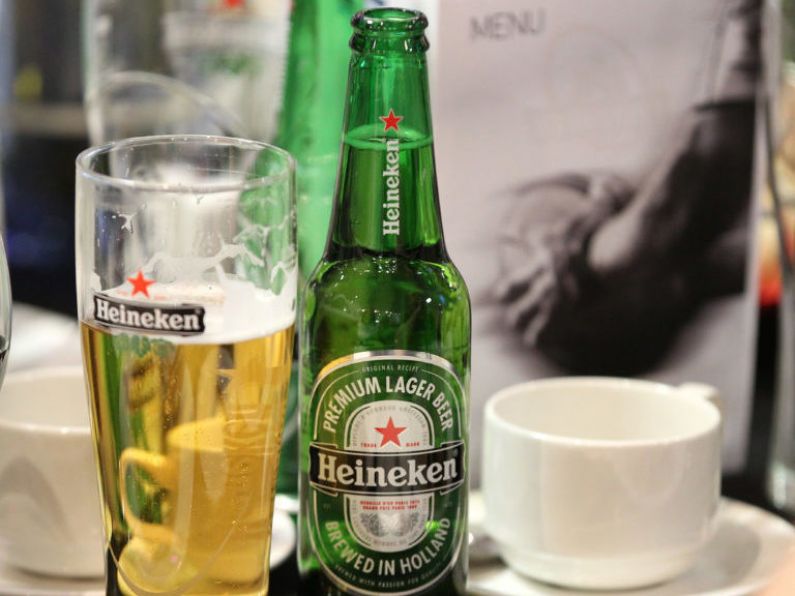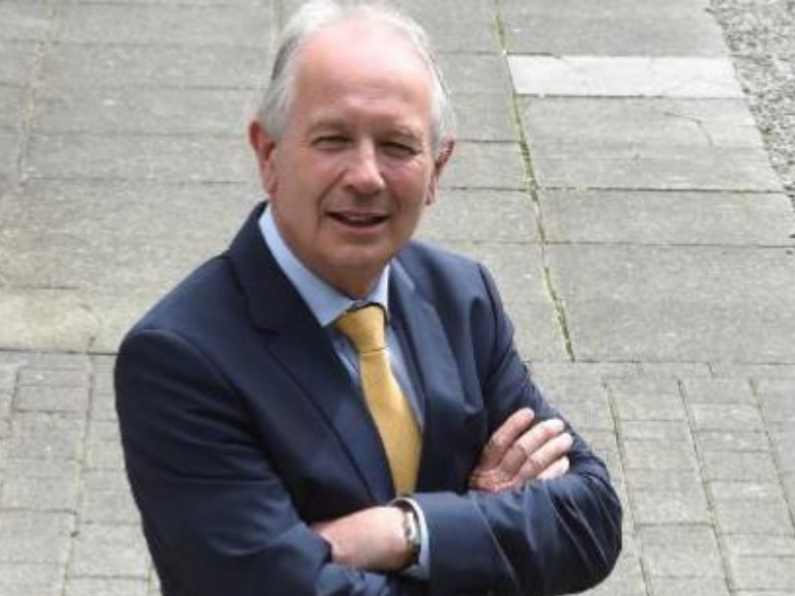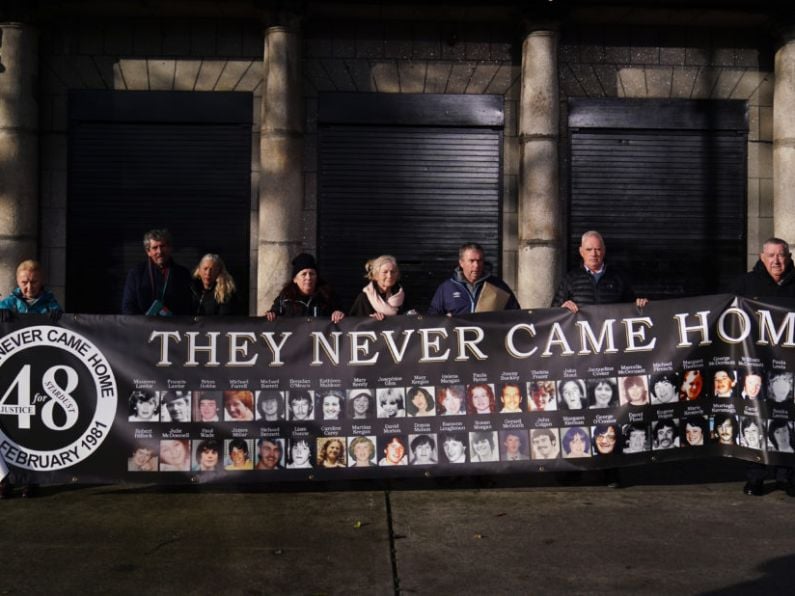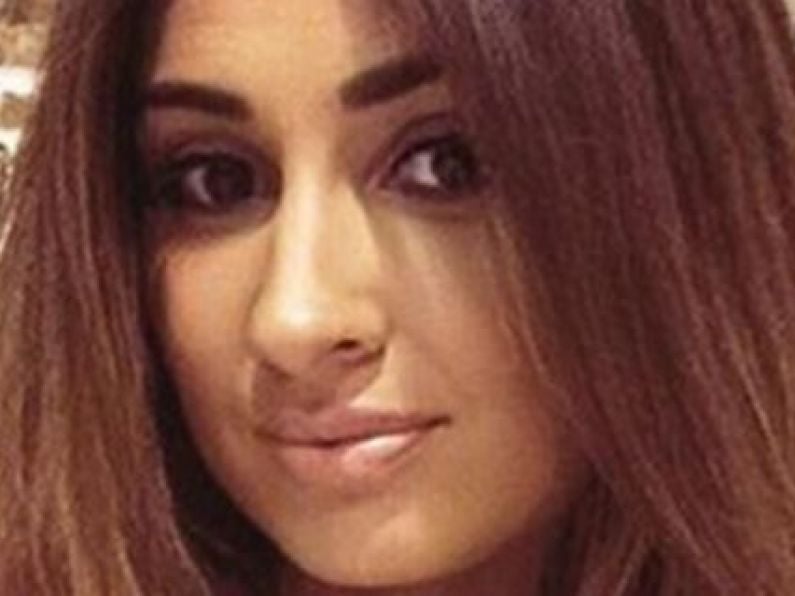Alison O’Riordan
Deirdre Morley unsuccessfully attempted to poison her three children one day before she suffocated them at their family home, a murder trial jury has heard.
In what the State told the jury was "a desperately sad case", the jury heard that Ms Morley used tape and plastic bags to suffocate the children, two of whom were killed in a play tent.
It was during the opening of the trial of Ms Morley at the Central Criminal Court today that a prosecuting barrister said the accused was suffering from a mental disorder when she caused the deaths of her three children and believed their best interests would be served by taking their lives.
The 44-year-old nurse, of Parson's Court, Newcastle, Co Dublin, has gone on trial at the Central Criminal Court today, having pleaded not guilty by reason of insanity to the murder of her sons Conor McGinley (9) and Darragh McGinley (7) and her daughter Carla McGinley (3). The children's bodies were discovered at the family home just before 8pm on January 24th last year.
In her opening address, prosecuting counsel Anne-Marie Lawlor SC said it was for the prosecution to prove that Ms Morley did not just kill her three children but had the capacity to intend to do so.
Mental state
Ms Lawlor said the jury's primary concern would be the accused's mental state on January 24th, when these deaths occurred and there was no issue in the case as to what happened to the children and how they died. "The vast bulk of the evidence will come from Ms Morley's mouth, when she was interviewed on three occasions by gardai and went into detail as to what occurred," she said.
Addressing the jury, Ms Lawlor said that a very significant part of the evidence came from the consultant psychiatrists concerning Ms Morley's mental health and how the events had occurred. Detective Sergeant Dara Kenny would give evidence to the jury as to what had occurred that day, she said.
Outlining the facts of the case, Ms Lawlor said that Ms Morley was married to Andrew McGinley, and they had three children. There was no question but that the children were well cared for and loved by their parents, she said, adding that there was also no issue regarding the parenting of the children.
Detailing the evidence that would be heard, Ms Lawlor said that the couple had a good marriage, but it had been challenged in the year prior to the children's deaths. Ms Morley's health had deteriorated very significantly, and she suffered a breakdown in July 2019, which resulted in her attaining psychiatric care at St Patrick's Hospital in Dublin.
Ms Lawlor said the evidence will be that the accused was dealing with a mental health professional until January 2020. Her family and extended family were very involved in caring for her and understood that her mental health was improving, she said. "In the days before the children's deaths, there was a belief that her mental health had improved and psychiatrists will assist you in that was not the case," she indicated.
Work trip
On the evening prior to the killings, Ms Lawlor said that Mr McGinley travelled to Cork for work as he understood that there was no difficulty in the family home at the time. Ms Morley, who was very qualified in her field of nursing, attempted to take the lives of her children on the evening of January 23rd by administering medicine to them in their food, she said.
The prosecution barrister went on to tell the court that the jury would hear considerable detail from Ms Morley's interviews with gardaí as to how she had killed her children on January 24th, which she described as distressing. "Nobody is saying that the physical acts which took the lives of the children did not occur," she said.
There will be evidence, Ms Lawlor said, from consultants psychiatrists Dr Mary Davoren and Dr Brenda Wright who prepared reports on behalf of the prosecution and defence and concluded that Ms Morley suffered from a mental disorder. "They give different details in regards to that," she said.
Dr Davoren will give evidence that the accused suffered from recurrent depressive disorder and Dr Wright will say that she had bipolar affective disorder, said the barrister. "You will hear varying accounts as to whether Ms Morley knew what she did was wrong," she remarked.
Ms Lawlor said the evidence from both psychiatrists would be that Ms Morley could not imagine that her children would ever live healthy lives, and she believed their best interests were served by taking their lives. "She couldn't generate an alternative other than taking the lives of her children, and they had to go together," she said.
Psychiatrists
In summary, the lawyer said that the psychiatrists would offer the jury the benefit of their expertise and understanding as to what Ms Morley's mental state and status was at the time of her children's deaths. "This is a desperately sad case especially for the Morley and McGinley families," she concluded.
Giving evidence today, Detective Sergeant Dara Kenny said that on January 22nd, Ms Morley had done Google searches for "a noose" and the N7 flyover between Newcastle and Rathcoole. On January 23rd, she purchased a rope from a hardware shop.
The accused had attempted to take the children's lives on the evening of January 23rd but was unsuccessful. She put morphine in the two boys' cereal and a Tylex tablet, containing paracetamol and codeine, in her daughter's drink. However, the boys spat out the cereal and none of the children were harmed.
The next day she kept her younger children home from creche and school and suffocated them both before bringing them to her bedroom, he said. Det Sgt Kenny agreed that Ms Morley had killed her son Darragh first in a play tent in the living room. She put a bag over his head and said "sorry" before bringing his body upstairs, he said.
She then attempted to kill Carla and after bringing her body upstairs she realised she was not dead and proceeded to suffocate her again by holding her nose until she died, he said.
She then collected her oldest child Conor from school at 1.50pm and suffocated him in a play-tent downstairs while he was watching a movie. The witness said Ms Morley had described using tape and plastic bags to gardai in her interviews, which were discovered in the house.
Ms Morley told gardai that she wanted to take her own life and left her home after 4pm, heading towards the N7 flyover with medication and a bottle of wine. However, she crashed her car and was found by a taxi driver who brought her home, said the witness.
Note
Mr McGinley came home to find his wife being cared for by paramedics and discovered Conor's feet protruding from the play tent downstairs. Darragh and Carla's bodies were found in the master bedroom upstairs by the paramedics, he said.
A note, written by Ms Morley, was found in the house and said: "Don't go into the front room or upstairs, phone 911, I'm so sorry."
A second note beside her eldest son's body said she could see no future with "disturbance and mental illness". She said she had to take the children with her and was broken and could not live with herself. She said she was "so sorry".
A white plastic bag with a soother in it was found in the toy room and within that contained Carla's DNA, he said. A black bag was found in the kitchen with Darragh's DNA and a piece of plastic tape, which contained his DNA, he said. Plastic tape found in the kitchen had a combination of Conor and Darragh's DNA on the adhesive side, he said.
Assistant State Pathologist Dr Margot Bolster attended at the scene and said the children had died by asphyxia from compressions of the chest area and airways, said the witness.
The trial continues this afternoon before Mr Justice Paul Coffey and a jury of 10 men and two women. It is expected to last three days.
If you have been affected by any of the issues raised in this article, you can freephone the Samaritans 24 hours a day for confidential support at 116 123 or email [email protected].
You can also freephone the national Bereavement Support Line run by the HSE and Irish Hospice Foundation at 1800 80 70 77 (Monday-Friday 10am-1pm), and the contact information for a range of mental health supports is available at mentalhealthireland.ie/get-support
